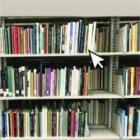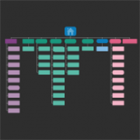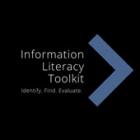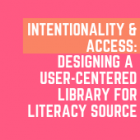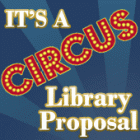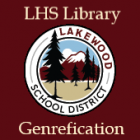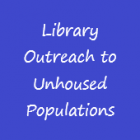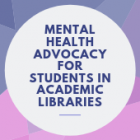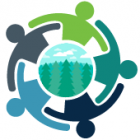
Inclusive Information Mapping for the Great Outdoors
As Washington Trails Association’s (WTA) hiking guides and user-submitted trip reports are mostly created by those who have been a part of the outdoor community for a long time, there is often a natural and unconscious bias imbedded within the information resource. This project helped WTA gain insights on how they can effectively design a content standard for their user-generated Trip Reports so that in turn, the system can be more inclusive, empowering, collaborative, and accessible. Some proposed solutions were to incorporate enhanced search capabilities of trip reports, trip reporter identifiers, and a revised trip reporting framework for quick reporting.

